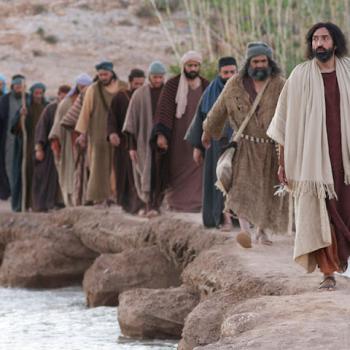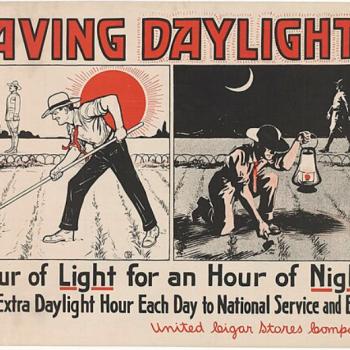Change continues. Over the last century official Catholic positions have evolved on the psychological capacity for marital commitment, the purpose of marriage, regulation of conception,
grounds for annulment, and so on. These match developments regarding slavery, interest-taking, capital punishment, torture, race, religious liberty, conscience, and a host of other issues.
Scientific knowledge and cultural progress also affected official positions on homosexuality in the twentieth century. That will continue. Will that someday mean same-sex marriages in the
Catholic Church? Not soon, I'm sure. Still, no Church official would now advocate what happened to men whom a priest had married at Mass in sixteenth-century Rome. They were burned at the stake.
Catholics in a secular, pluralistic society can legitimately support state-sanctioned same-sex marriages. Law and morality are no longer co-extensive. Believers can prescind from church officials'
views on morality to decide what is best for all citizens-looking out especially for minorities-and maintaining social order in a pluralistic society. They can hold to their Church's views or contribute to their development, but they realize that the nature and purpose of civil marriage is very different.
The fact is that more and more Catholics, both lay and ordained, do support legal same-sex marriage.
The Rev. James Dallen, S.T.D., is Emeritus Professor of Religious Studies at Gonzaga University in Spokane, Washington.




